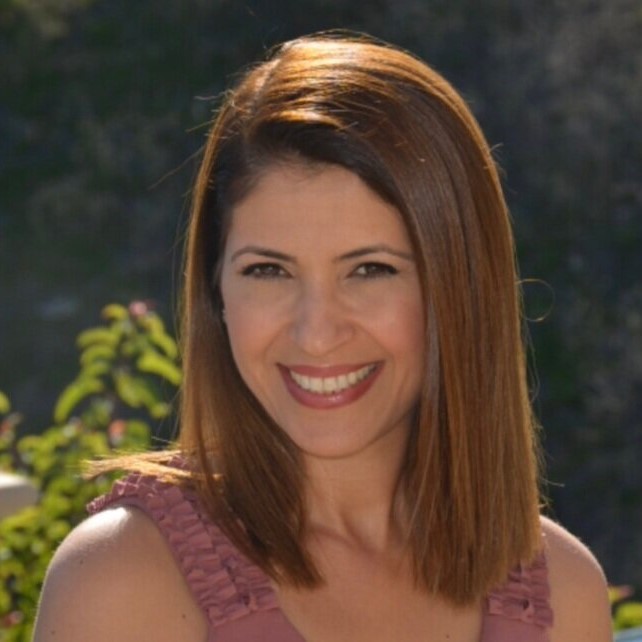Best Practice for Integrating Students with the History of War, Displacement and Trauma in a School Setting
Learning Objectives
At the end of this course, participants should be able to:
- Identify global barriers to education for students who have experienced war trauma and forced displacement and understand how these barriers can impact students’ academic and emotional well-being
- Analyze the complex social-emotional and academic needs of students who have experienced war trauma and forced displacement and develop strategies for supporting these students in the classroom
- Apply best practices for promoting school integration and supporting student success at the school and classroom levels, including effective interventions and accommodations for students with diverse learning needs
- Implement coping strategies and supports that can be taught to students in order to help them manage the emotional and psychological effects of trauma and displacement
- Foster an inclusive and supportive learning environment for all students, focusing on promoting empathy, understanding, and respect for diverse experiences and perspectives
- Evaluate the effectiveness of interventions and supports for students who have experienced trauma and displacement and modify teaching practices as needed to promote student success.
Intended Audience:
This online course is designed for family physicians, psychologists, and clinical psychologists.
Abstract:
This online course delves into the challenges faced by students who have experienced war trauma and forced displacement, exploring the global barriers to education that hinder their academic progress and emotional well-being. Through an in-depth analysis of the complex social-emotional and academic needs of these students, the course offers insights into effective strategies for promoting school integration and supporting student success at the school and classroom levels. Participants will gain practical knowledge and skills for identifying and addressing the unique needs of these students, including coping strategies and support mechanisms that can be incorporated into their teaching practices. By the end of the course, educators will be equipped with a comprehensive toolkit for fostering an inclusive and supportive learning environment for all students, particularly those who have experienced trauma and displacement.
Assessment and Earning CME Credit:
This course in English is not CME-accredited. However, it provides valuable educational content that can enhance your knowledge and skills in the subject matter. To receive CME credit for this course in Armenia, you must take the course in Armenian and complete the post-course quiz. You have three chances to achieve a passing score of 70%. Once you pass the quiz, we will send your information to the Armenian Ministry of Health for credits.

Narineh Khemichian, Psy.D., Psy.D.
Dr. Narineh Khemichian is the lead School Psychologist for the Glendale Unified School District. She has a Masters degree in School Psychology and a Doctorate degree in Educational Psychology. Dr. Khemichian has practiced school psychology for the past 20 years, serving both the educational and mental health needs of students from preschool to age twenty-two with a strong interest in adolescent psychology. Narineh is deeply committed to student/parent advocacy and is skilled in bringing diverse people together to work as a cohesive team. She has expertise in threat assessment and crisis intervention and is particularly passionate about mentoring school psychologists and supporting school teams with complex student needs.

Fimi Haddadian, M.S., Psy.D.
Fimi Haddadian has been a practicing school psychologist for 18 years. She has worked at Glendale Unified School District, specializing in preschool and latency-aged children. In this capacity, she conducts comprehensive psycho-educational evaluations and provides mental health support with very young students. Mrs. Haddadian is the resident social-emotional learning expert for early childhood and has developed and implemented evidence-based social-emotional learning curriculum at the preschool level. Mrs. Haddadian is the co-founder of Bluejack Kids, A Center for Social and Emotional Learning, through which she offers well-needed workshops and programs geared toward typically developing children whose social-emotional skills can be enhanced through a creative variety of activities. In addition, Fimi is the author of an Armenian language children's book on bullying called "Zis Hankisd Tsketsek."

Telma Arakelian, M.A., Ed.S., Psy.D.
Telma Arakelian has a Master’s Degree in Educational Psychology as well as an Educational Specialist Degree in School Psychology. She works in the Glendale Unified School District as a School Psychologist providing mental health support and psychoeducational evaluations to adolescent youth at a comprehensive high school. She understands the unique social and academic pressures of high-achieving, college-bound high schools and strives to support the student’s social and emotional needs. She is currently an Associate Professional Clinical Counselor and is working on becoming a Licensed Professional Clinical Counselor. One of her biggest successes is supporting her students in their social-emotional learning journey.
